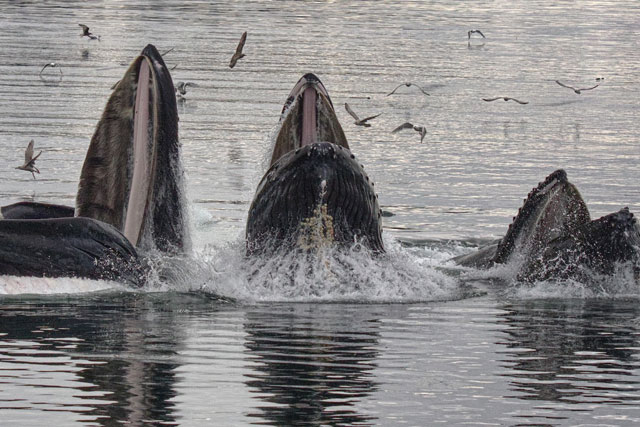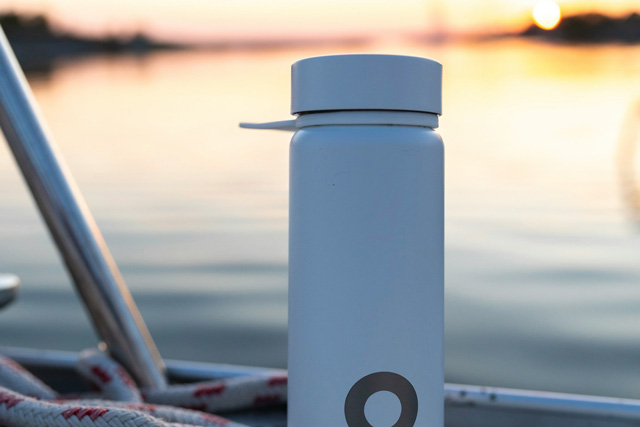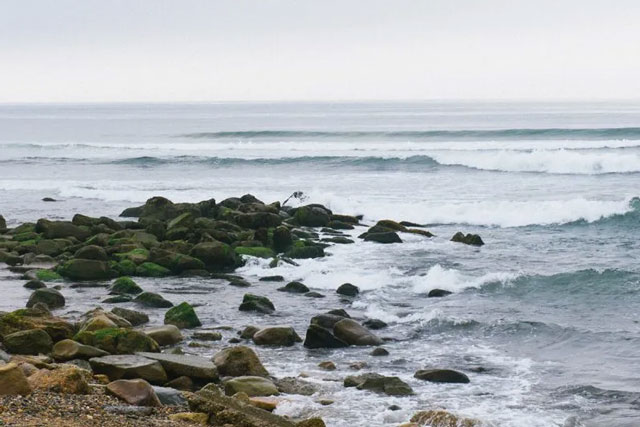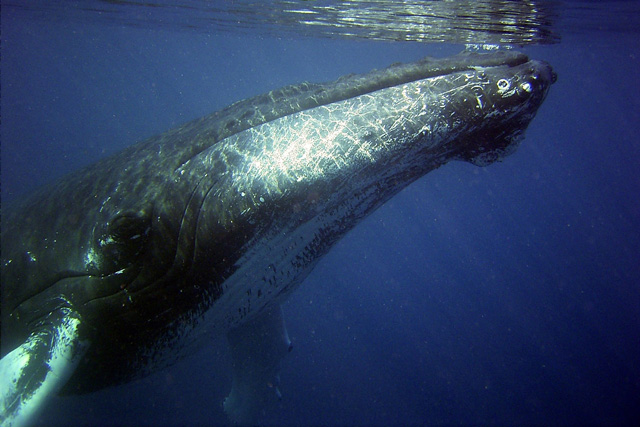Whale watching is one of the most breathtaking ways to connect with nature, but with great experiences come great responsibility. As a passionate whale watcher and advocate for marine conservation, I’ve discovered simple ways to enjoy this activity while keeping it sustainable. Let’s go into practical, sustainable whale watching tips to help you have an unforgettable adventure that respects the environment and supports conservation efforts.
Why Sustainable Whale Watching Matters

Whale watching can have a significant impact on marine ecosystems if not done responsibly. Boats can disrupt whales’ natural behaviors, and pollution can harm their habitats. By making eco-conscious choices, we can protect these incredible creatures and ensure future generations have the chance to witness them in the wild.
Fun Fact!
A single humpback whale can weigh as much as six elephants combined! Despite their size, they are surprisingly sensitive to disturbances in their environment.
Sustainable Whale Watching Tips

1. Choose an Eco-Certified Tour Operator
Not all tours are created equal. Look for companies in Montauk that prioritize sustainability by adhering to strict guidelines for reducing their environmental impact. Many eco-certified operators limit the number of boats and adhere to safe distances from whales.
2. Bring Reusable Items
Say no to single-use plastics. Pack reusable water bottles, containers, and utensils to minimize waste during your trip.
3. Stay Quiet and Respectful
Whales rely on sound for communication and navigation. Speak quietly on board and avoid sudden movements that might startle the animals.
4. Avoid Touching Marine Wildlife
While it may be tempting to reach out if a curious dolphin or whale approaches, maintaining a hands-off policy ensures their safety and yours.
Pro Tip!
Bring a pair of binoculars to get a close-up view without disturbing the whales!
Eco-Friendly Gear Essentials
Having the right gear can make your trip more enjoyable and sustainable:
- Reef-Safe Sunscreen: Protect your skin and the ocean by choosing biodegradable sunscreen.
- Eco-Friendly Clothing: Opt for brands that use sustainable materials.
- Reusable Bags: Great for carrying snacks or collecting trash you find along the way.
How to Minimize Your Carbon Footprint
- Carpool or Use Public Transportation
Getting to Montauk as a group not only reduces emissions but also makes the journey more fun. - Support Local Businesses
Choose locally owned restaurants and shops that use sustainable practices.
Pro Tip!
Offset your carbon footprint by donating to marine conservation organizations after your trip.
Protecting Whale Habitats: What You Can Do

We can all contribute to protecting whale habitats and local conservation efforts beyond just being responsible tourists.
- Participate in Beach Cleanups: Montauk frequently hosts events to remove debris from the coastline.
- Advocate for Ocean-Friendly Policies: Support laws and initiatives that aim to protect marine life.
Not so Fun Fact 🙁
Fun Fact #3: The North Atlantic right whale, which can sometimes be spotted off Montauk, is one of the most endangered whale species, with fewer than 350 individuals left.
Bonus Tips for an Unforgettable Eco-Friendly Adventure
Whale Watching from Land
If you’re not keen on boats, Montauk Point State Park and Ditch Plains Beach offer excellent opportunities for whale watching from land, with zero environmental impact.
Whale Watching on the Water
If you’re taking a whale watching boat tour, choose smaller groups and adhere to the operator’s eco-friendly policies. Always listen to the guide’s instructions about minimizing disruption to the whales.
The Bigger Picture
By choosing eco-friendly whale watching, you’re not only enjoying an incredible adventure but also contributing to marine conservation. Small actions, like supporting sustainable tourism or reducing waste, have a big impact. Together, we can ensure these gentle giants thrive for years to come.


